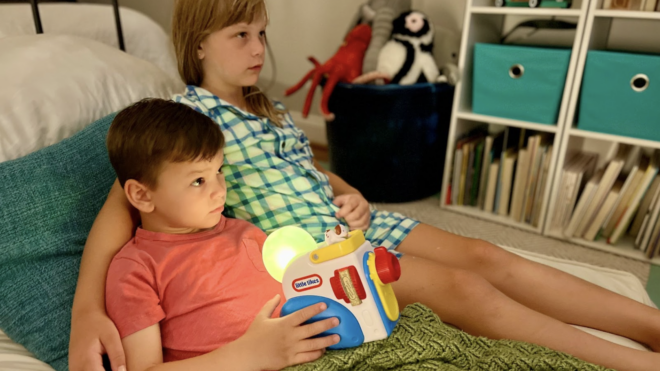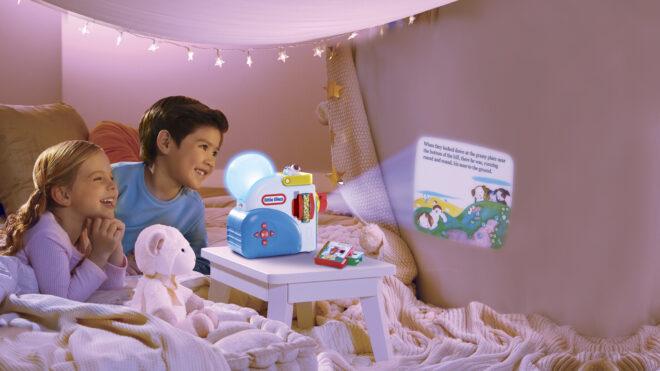
Have you ever watched your child solve a problem? It’s hard not to intervene. But it’s better to let our children try to solve something before we step in. This is one way to help them become self-motivated. Self-motivated kids are determined. When dealing with problems, they are resilient. They know they can complete a task despite its difficulty. They don’t need outside help, encouragement, or incentives to do so.
Self-motivated kids take initiative instead of waiting for someone else to solve their problems. This doesn’t mean self-motivated kids are loud or pushy. There is no common factor. Quiet children can be self-motivated, too!
All children have the innate desire to learn and ask questions, even if it’s something they don’t excel at. The ability to work hard when things get difficult is a learned skill. And it becomes especially useful when no one is there to push them.
Unfortunately, self-motivation doesn’t come naturally. But it’s something that can develop throughout childhood. As parents, we can and should foster self-motivation in our kids.
Why does it matter?

Self-motivated kids don’t strive for perfection. They know there is a process to the end. They know it takes time to complete a project or gain a new skill. With these gains, they feel success. These feelings start in early childhood, but they carry on through their lives. These small successes carry over into their adolescence, adulthood, and careers.
Self-motivated kids adapt to challenges. They give themselves permission to find alternative, often creative, ways to solve a problem. They are resilient and disciplined. Self-motivated kids are not dependent on others to adapt to changes.
Redefine success.
Self-motivated kids don’t just attribute success to being good at something. They take risks to feel successful. Encourage your children to experience the process. Only then will they develop the ability to complete a task on their own. Find opportunities for them to be successful (at home, in activities). It’s important to start at a baseline of success.
Empower them and model behaviors.
Empower your kids to believe in themselves. Kids have to know their voices matter. This starts at home. As kids grow up, they look to their parents and caregivers.
Model behaviors and expectations for your children. Set clear, realistic, and developmentally appropriate expectations. The expectations you set will become the ones they set for themselves.
Find the balance between challenge and frustration.

There is a delicate balance between a child feeling challenged and a child feeling frustrated. Like Goldilocks, parents must find the just right level of expectation for their child. Unfortunately, this can feel overwhelming as parents. Remember, this looks different for each child. That’s OK. Your child is an individual.
Encourage introspectiveness and provide reasoning.
Guide children in talking through their process. Ask what steps they took to solve the problem. What worked? What didn’t? Encourage them to acknowledge their best work as well as what they need to keep practicing.
Provide reasoning, especially as children get older. How would you feel if someone told you to do something without knowing why or how?
No, you don’t need to explain everything you ask your kid to do, but sometimes, with a minor explanation, a child will be more willing to complete a task alone.
Praise based on love language and normalize not getting something right.
Some kids prefer verbal praise. Some want to be rewarded in other or different ways. Find what works for your kid.
Remind your child it’s OK to mess up. Share your failures and progress. Remind your child that not getting something right the first time turns into lessons. And lessons equal learning. Normalize it, but don’t harp on it.
As parents, we want to raise our kids to know we value their hard work. We want them to embrace the process, not just the product. And we want them to be confident and capable of doing it on their own.






